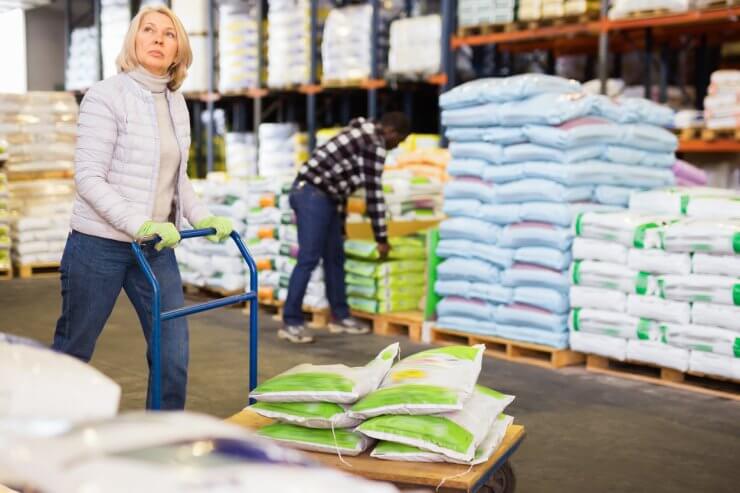
I think fertilizer companies have borrowed sales strategies from hotdog bun companies. There’s either too much fertilizer left over, or not enough to complete the task. I always seem to wind up with leftover fertilizer. What to do with the leftover garden food? Will it keep until next season? Can fertilizer go bad?
Picking out fertilizer is quite the ordeal, to begin with. Standing in the fertilizer aisle of your gardening/home improvement store, you’ve probably experienced analysis paralysis. Then, you pay for the expensive bag of garden food and end up only using half the bag. Here are some gardening facts to help answer your fertilizer and soil amendment questions.
Discover 7 top tips for growing, harvesting, and enjoying tomatoes from your home garden—when you access the FREE guide The Best Way to Grow Tomatoes, right now!
1. Can fertilizer go bad?
As long as it’s stored properly, fertilizer does not go bad. Different forms of fertilizer will store well for different timeframes. Pure dry fertilizer, for instance, will keep indefinitely as long as it stays dry and protected from the elements. Fertilizer that is mixed with herbicide (sometimes known as “weed and feed”), will start to lose effectiveness within four years due to the additional herbicide. Liquid organic fertilizers will typically list their shelf life on the bottle, and each one seems to vary. Liquid mineral fertilizer, on the other hand, is usually good for up to 10 years. Be sure to shake the bottle well before using, since the minerals settle in the bottle.
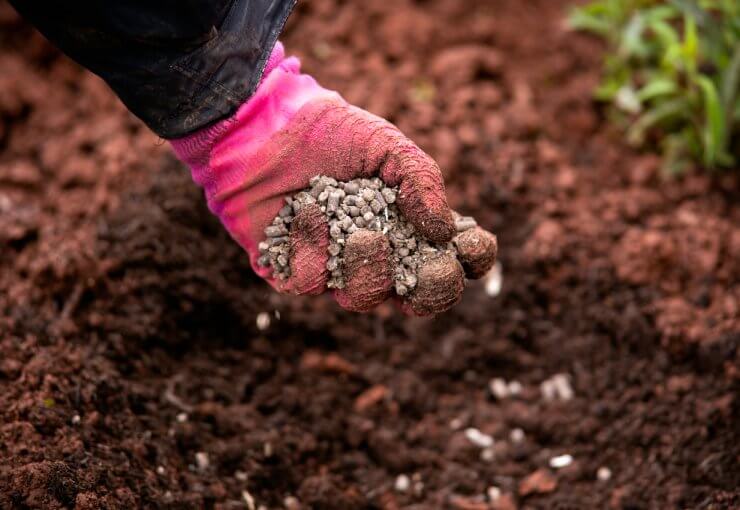
2. Are fertilizer and soil amendments the same thing?
The main difference between fertilizer and soil amendment is that fertilizer adds and improves soil nutrients. Soil amendments are materials added to change the physical texture, water retention, and overall structure of the soil. There are some fertilizers that are also considered to be soil amendments because they have additives that help contribute to better drainage, etc.
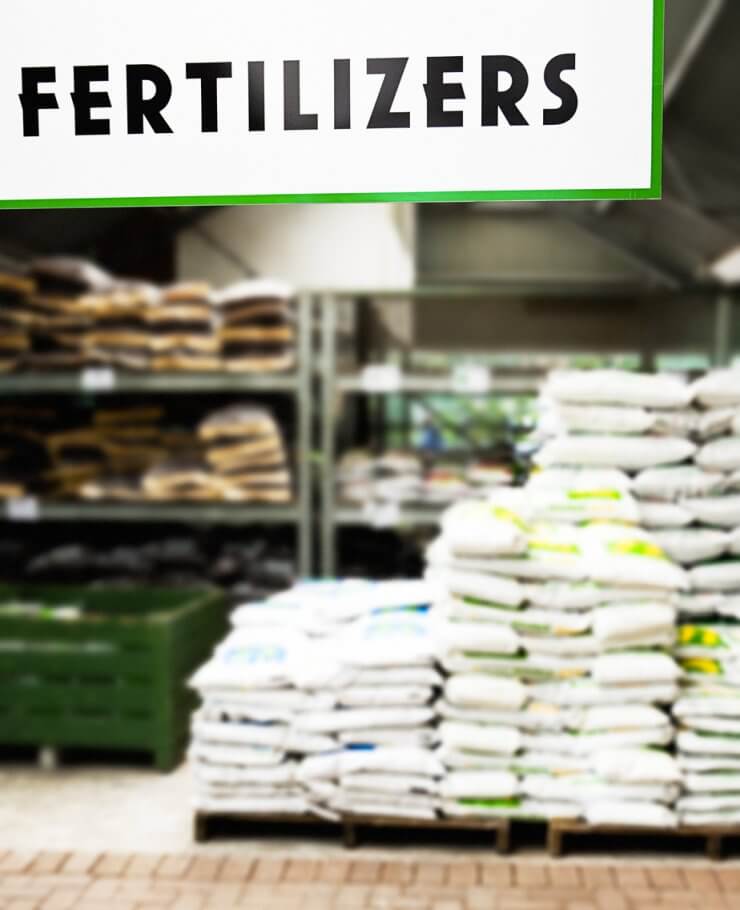
3. How do I know what kind of fertilizer I need?
If you’ve ever looked at a bag of fertilizer (or several hundred on a floor-to-ceiling warehouse shelf) you may have noticed that most bags list three numbers. They represent the percentage of nitrogen, phosphate, and potassium in each blend. A general rule of thumb for vegetable gardens is to keep those numbers balanced. But some vegetables like leafy greens, only require nitrogen. Do your homework before going to the store. If you are like me and plan your garden months in advance, it may be beneficial to plant vegetables that require the same type of fertilizer near one another.
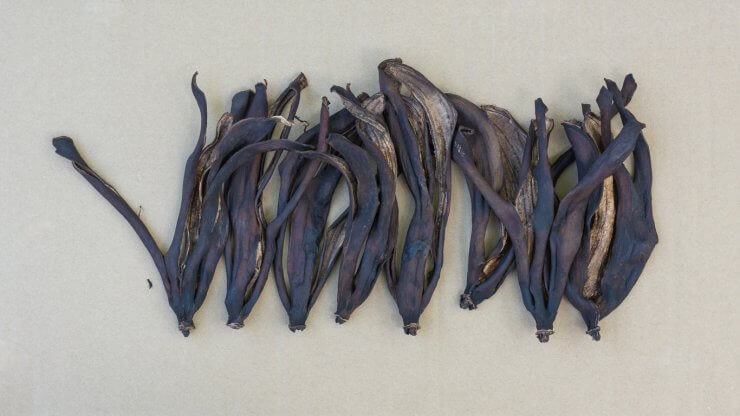
4. Can I make my own fertilizer?
There’s no reason to spend money on fertilizer if you have a bit of time to make your own. Banana peel fertilizer is a great way to boost potassium in your garden veggies. Microwave banana peels in 30-second intervals until they are dehydrated. You know it’s ready when it snaps cleanly. Then, pulse the dried banana peels in your blender and apply the powdery mixture to the soil of your vegetables. Homemade compost can fertilize your vegetable garden as well. There are several composting methods to choose from, depending on what nutrients you wish to amplify in your soil.
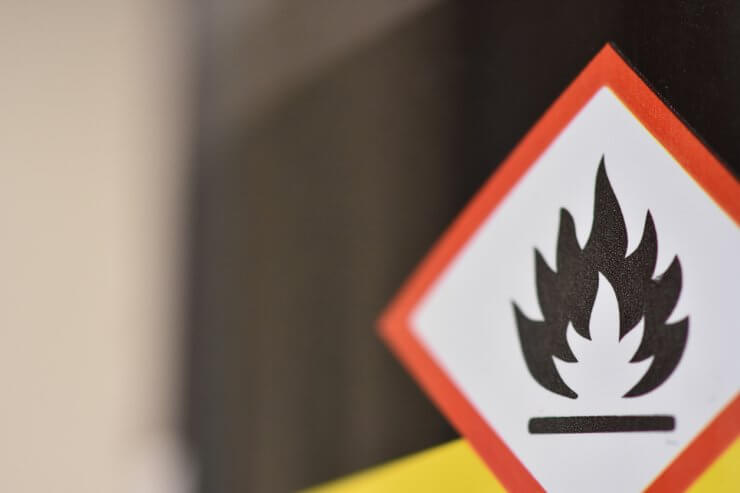
5. I heard fertilizer is super flammable. Is that true?
Some store-bought fertilizers contain ammonium nitrate, a highly flammable substance. When storing that kind of fertilizer, use a plastic storage container with a well-fitting lid. Keep the container away from moisture as well as heat.
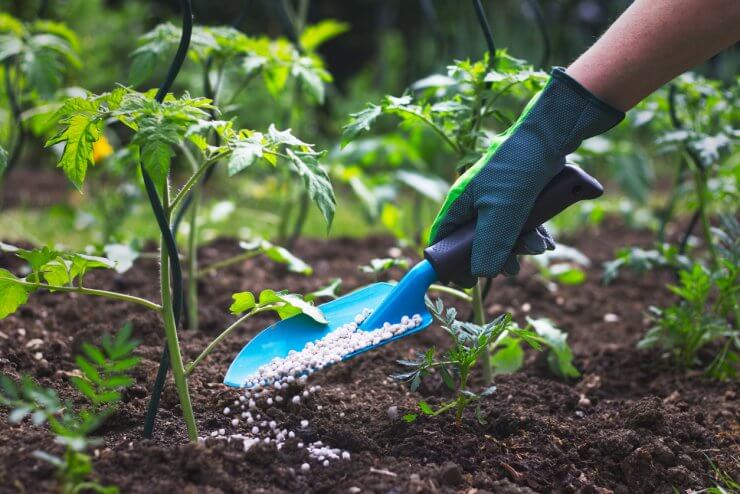
6. When should I use fertilizer?
The frequency with which you fertilize your vegetable garden depends on the type of soil you have. In well-draining soil, fertilizer should be applied every three to four weeks throughout the growing season. Less porous soil that is more compact and contains clay, will need less frequent applications every five to six weeks.
When in doubt, read the packaging of store-bought fertilizers and ask your local gardening experts for recommendations. With variables like type of vegetable, soil conditions, and climate, you may end up needing different types of fertilizer for different sections of your garden.
Have any first-hand experience answering questions like “Can fertilizer go bad?” Let me know your garden food insights in the comments!
Discover 7 top tips for growing, harvesting, and enjoying tomatoes from your home garden—when you access the FREE guide The Best Way to Grow Tomatoes, right now!





Does dry orange peel make a good fertilizer. We do eat alot of oranges and there is so much peel left that is thrown away.
I just bury my banana peels in the garden soil. The earthworms absolutely love them and it promotes bigger populations of them. Is this a problem?
Banana peels decompose slowly so you run the risk of attracting more than earthworms. If you start to have a problem with critters digging them up then you should probably stop. Until then – carry on.